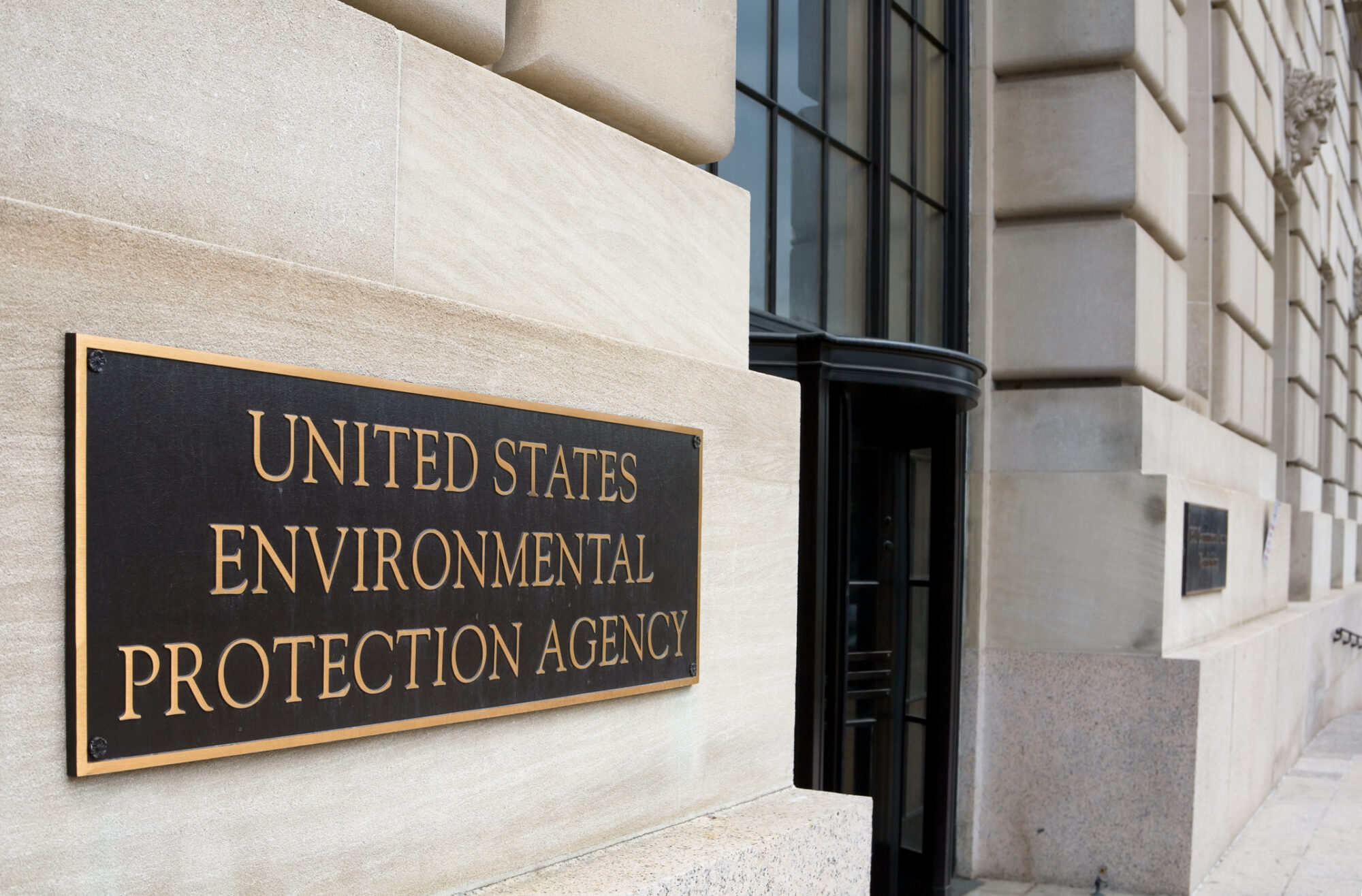NAM to EPA: Reverse WOTUS Rule

The Environmental Protection Agency’s recently issued rule governing regulation of “navigable waters” is unnecessary, confusing and inconsistent—and the NAM stands ready to work with Congress to overturn it.
The background: In December, the EPA and the U.S. Army Corps of Engineers announced the new regulation, which repealed the Navigable Waters Protection Rule and altered the definition of “Waters of the United States.”
- This month, House Transportation and Infrastructure Committee Chairman Sam Graves (R-MO) introduced a joint resolution of disapproval of the rule under the Congressional Review Act. An identical measure was introduced in the Senate.
- The NAM this week hailed the congressional moves. “Manufacturers welcome action from Congress to challenge the EPA’s proposed WOTUS Rule,” said NAM President and CEO Jay Timmons.
What’s going on now: Ahead of a Transportation and Infrastructure Committee hearing Wednesday, NAM Senior Director of Energy and Resources Policy Nile Elam urged the “educat[ion of] the public and policy stakeholders regarding the immense permitting regulatory efforts necessary under local and state jurisdictions, and the need for a complementary WOTUS rule that advances permitting protections at the federal level while providing certainty for the regulated community.”
- Though many Supreme Court decisions have “touched on” the definition of navigable waters, neither the court nor the EPA has clarified sufficiently, Elam told Water Resources and Environment Subcommittee Chairman David Rouzer (R-NC) and Ranking Member Grace Napolitano (D-CA).
- The new rule also “expands federal jurisdiction beyond traditional navigable waters,” Elam said. “Because of these expansions and ambiguous terms, the careful balance between local and state regulators is unpredictable and can leave permit seekers with little guidance, aside from the need for more time and money to achieve their permitting requests.”
What should come next: Congress must work with stakeholders, the EPA and the Corps on creating clear, predictable and common-sense WOTUS regulations, Elam told the committee. Doing so will “enhanc[e] manufacturers’ ability to deliver their goods, expand their operations and grow their workforce.”
